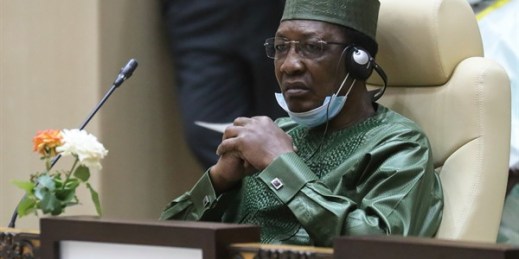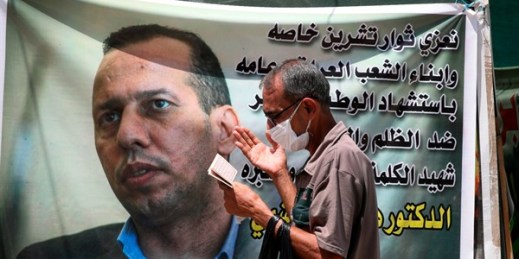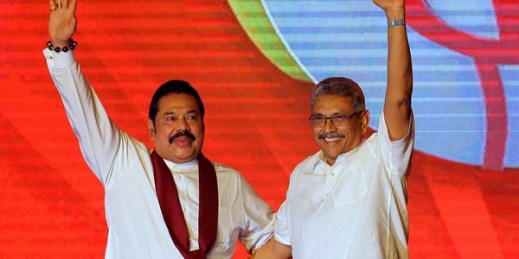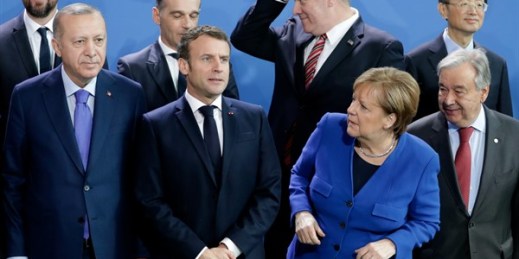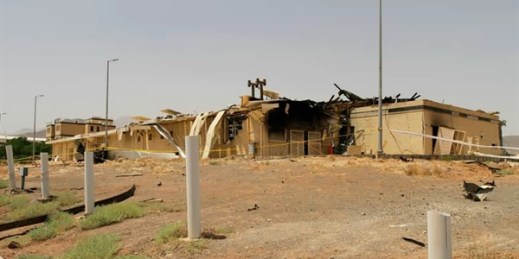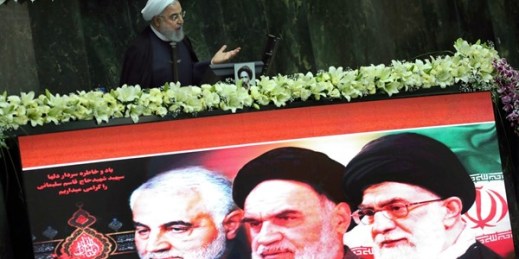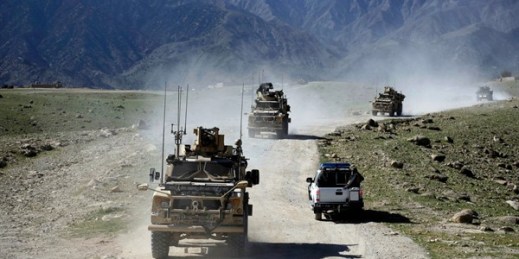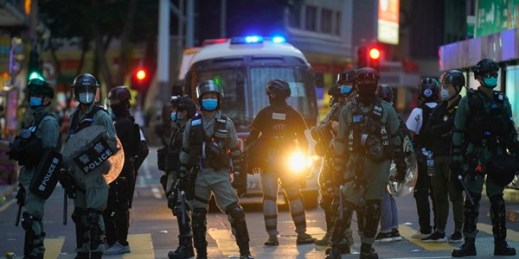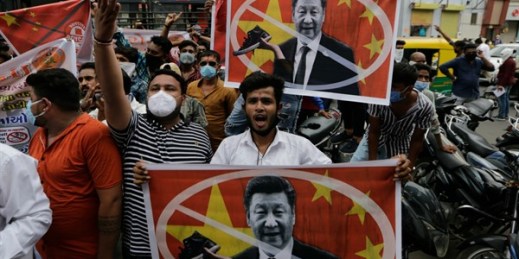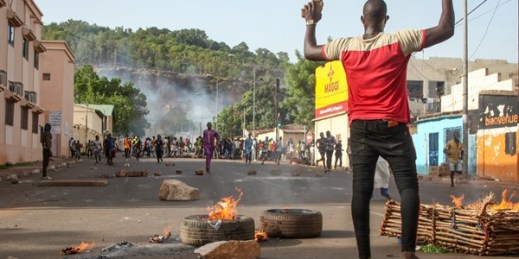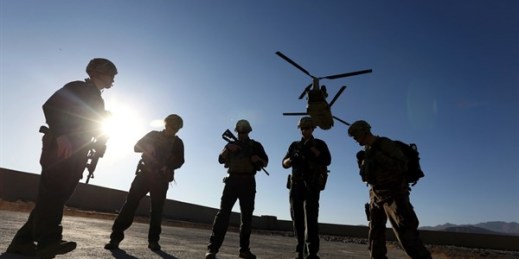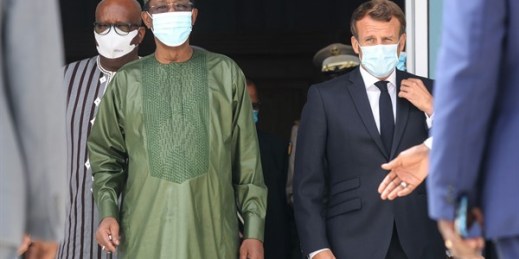
When Idriss Deby first became president of Chad in 1990, deposing the notoriously brutal Hissene Habre in an armed rebellion, few observers expected his rule to last very long. The landlocked Central African country is deeply fragmented, with myriad ethnic groups and clans vying for power against each other. But against all odds, Deby has remained in power for 30 years, thanks in large part to his political cunning, his prowess as a military tactician and his use of oil revenues to build patronage networks and coopt political opponents. Under Deby, Chad has also taken on an important role in […]

